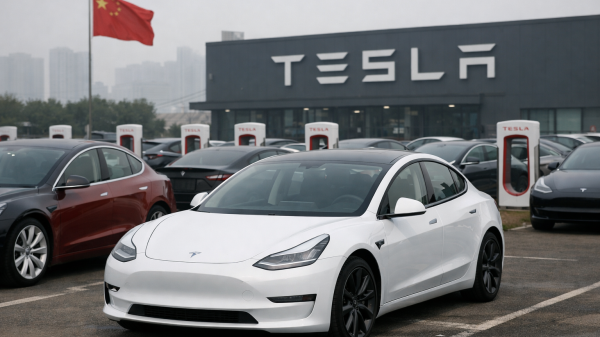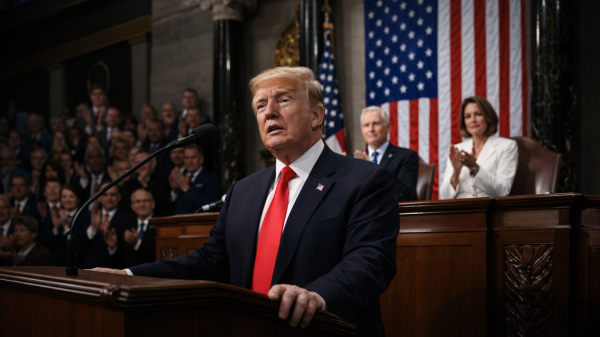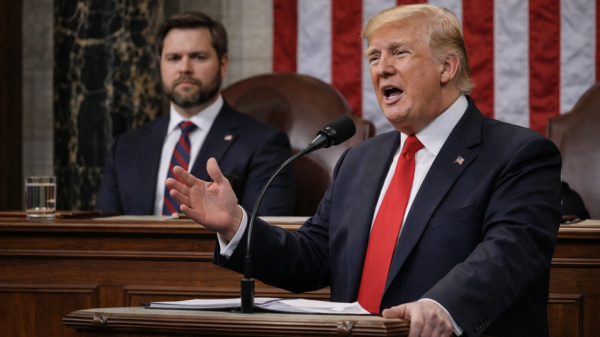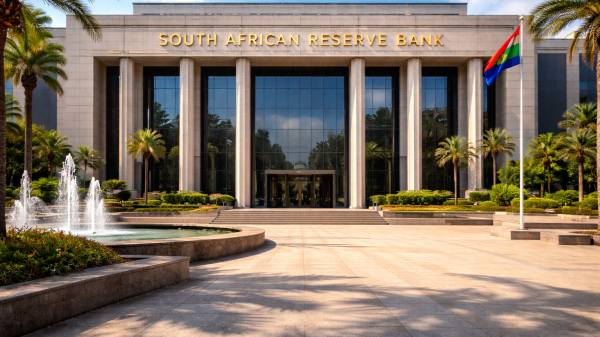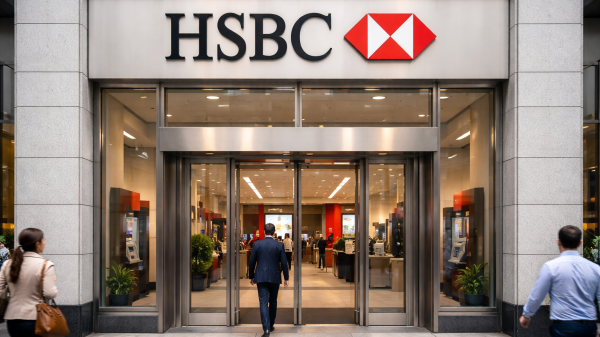Inflation in the UK has re-entered the spotlight, sparking questions about what lies ahead for the economy.
After a sharp decline to 1.7% in September 2024—below the Bank of England’s (BoE) 2% target for the first time since 2021—new fiscal policies and global risks are creating fresh challenges.
Data from the Office for National Statistics (ONS) shows a 0.1% contraction in GDP for September and just 0.1% growth in Q3, far weaker than the 0.5% seen in Q2.
These figures highlight the fragility of the UK’s recovery.
What’s causing inflation to rise again?
Two main factors are at play: domestic fiscal policies and global trade tensions.
Rachel Reeves, the UK’s finance minister, introduced a big-spending budget designed to boost growth and address funding gaps.
However, the decision to finance these measures with tax hikes on employers is proving contentious.
Analysts warn that increased business costs will be passed on to consumers, driving up prices for goods and services.
Additionally, persistent wage increases are an ongoing challenge for the UK. With inflationary pressures still embedded in the economy, efforts to stimulate growth through fiscal and monetary policies could backfire.
The Bank of England (BoE) has already revised its inflation forecasts upward for the next three years, acknowledging the inflationary impact of Reeves’s policies.
Globally, US President-elect Donald Trump’s proposed tariffs add to the inflationary mix.
If the UK and other nations retaliate, a trade war could dampen growth and drive inflation higher.
Disrupted global supply chains could increase production costs and retail prices, particularly for import-reliant nations like the UK.
BoE Governor Andrew Bailey has warned about the risks of economic fragmentation, though he stopped short of speculating on specific outcomes.
Looking forward, economists estimate that UK inflation could climb to 3% by Q3 2025, exceeding the BoE’s forecast of 2.8%.
Combined with the inflationary effects of domestic tax hikes, businesses face a dual squeeze, raising concerns about sustained price increases and further strain on household budgets.
Why is GDP growth slowing?
The UK economy is struggling to maintain momentum after early 2024’s rebound.
The ONS data reveals that services, the largest part of the economy, were flat in Q3.
Meanwhile, manufacturing and construction sectors contracted, contributing to the weak 0.1% GDP growth in Q3.
Alarmingly, GDP per head declined by 0.1% during the same period and has not seen annual growth since 2022.
The post-pandemic recovery has been weaker than expected. While GDP is now 3% above pre-COVID levels, this is a modest gain compared to other advanced economies.
Only Germany, which faced similar challenges like surging energy costs, has fared worse among major economies.
Brexit continues to weigh heavily on the UK, exacerbating labor shortages and disrupting trade relationships.
The reduced availability of workers has left businesses grappling with higher costs, and these pressures are passed on through stronger wage growth, which the Bank of England (BoE) finds concerning for inflation management.
The combination of flatlining services, a shrinking workforce, and geopolitical uncertainties such as US trade policies, leaves the UK’s growth prospects fragile.
Are fiscal policies helping or hurting?
Rachel Reeves’ budget aims to stimulate growth through increased public spending and regulatory reform.
It includes more funding for the NHS, a step long overdue after years of austerity.
However, her decision to raise employer National Insurance contributions and other taxes has drawn criticism.
These measures are seen as inflationary, effectively passing costs onto consumers.
Reeves also faces skepticism over her ambitious goals, such as achieving the fastest per capita GDP growth among G7 countries for two consecutive years. With GDP growth of just 0.1% in Q3, this target seems distant.
On the positive side, business investment rose by 1.2% in Q3, marking four consecutive quarters of growth.
However, analysts like Sanjay Raja from Deutsche Bank warn that higher taxes on businesses could slow investment and hiring in 2025.
What’s next for the UK economy?
The path forward is uncertain. Reeves has pledged to “deliver growth through investment and reform,” but weak consumer and business confidence may hinder progress.
Economists point out that the UK has only grown in two of the past six months, suggesting deeper structural challenges.
The BoE is also considering putting the breaks on its monetary policy.
It cut interest rates to 4.75% earlier this month but signaled that further cuts might be limited.
Investor expectations for rate cuts through 2025 have already been scaled back, reflecting these risks.
Despite the government’s and BoE’s efforts, analysts expect GDP growth to remain modest.
Forecasts suggest that government spending and easing inflationary pressures will support growth in the short term.
However, geopolitical risks, potential trade wars and domestic policy missteps could limit these gains.
While inflation has cooled from its post-pandemic highs, new fiscal policies and global trade risks threaten to reverse this progress.
The post What’s driving the UK’s inflation concerns? appeared first on Invezz







